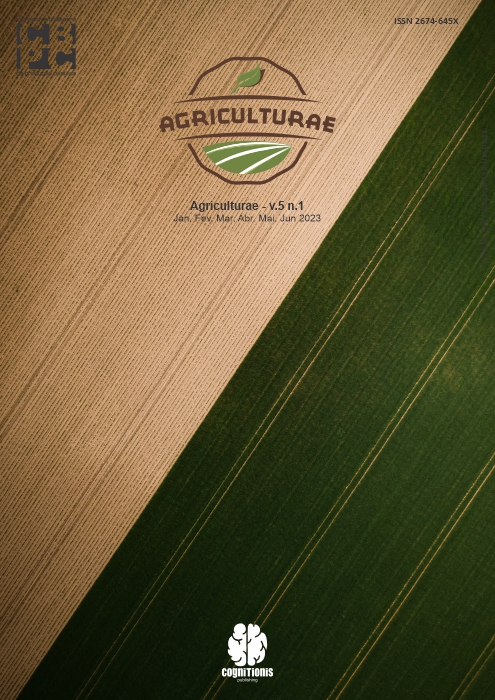Implantation of hydroelectric plants in the state of Tocantins: a theoretical discussion on socio-environmental and economic impacts
DOI:
https://doi.org/10.6008/SPC2237-9290.2017.002.0003Keywords:
Hydroelectric plant, Impacts, Environment, TocantinsAbstract
The constant search for energy source and the use of natural resources were rooted in human culture. Such behavior generates impacts on the environment, and not all ecological processes can be restored or recovered. The use of rivers through hydroelectric power plants has become increasingly common in Brazil; On the other hand, economic growth has favored the municipalities involved in the creation and management of hydroelectric projects. In this context, the present work sought to make a theoretical discussion about the socio-environmental and economic impacts caused by the implementation of hydroelectric plants in the state of Tocantins. The Human Development Index (HDI), Gini and Poverty Index, analysis of the financial contribution for the exploration of water resources for energy generation as an instrument of economic and social sustainability were used to evaluate socio-environmental and economic impacts in the municipalities targeted by the hydroelectric system. It was observed that the resources emitted by the hydroelectric activities have contributed to the economy and federal transfers, which favors the resident populations of the affected places in the area of ​​coverage of the plant. On the other hand, the loss of biodiversity, the destruction of local environments and culture are the impasses to be rethought for a more collaborative management and accessible to all involved.
Downloads
Downloads
Published
Issue
Section
License
The CBPC - Companhia Brasileira de Produção Científica (Brazil CNPJ: 11.221.422/0001-03) the material rights of the published works. The rights relate to the publication of the work anywhere in the world, including rights to renewals, expansions and dissemination of the contribution, as well as other subsidiary rights. All electronically published works may subsequently be published in printed collections under the coordination of this company and / or its partners. The authors preserve the copyright, but are not allowed to publish the contribution in another medium, printed or digital, in Portuguese or in translation.








